Earlier this week I did a guest post on Smart Speech Therapy. In case you didn’t catch it I thought I would post it here as well. Enjoy 🙂
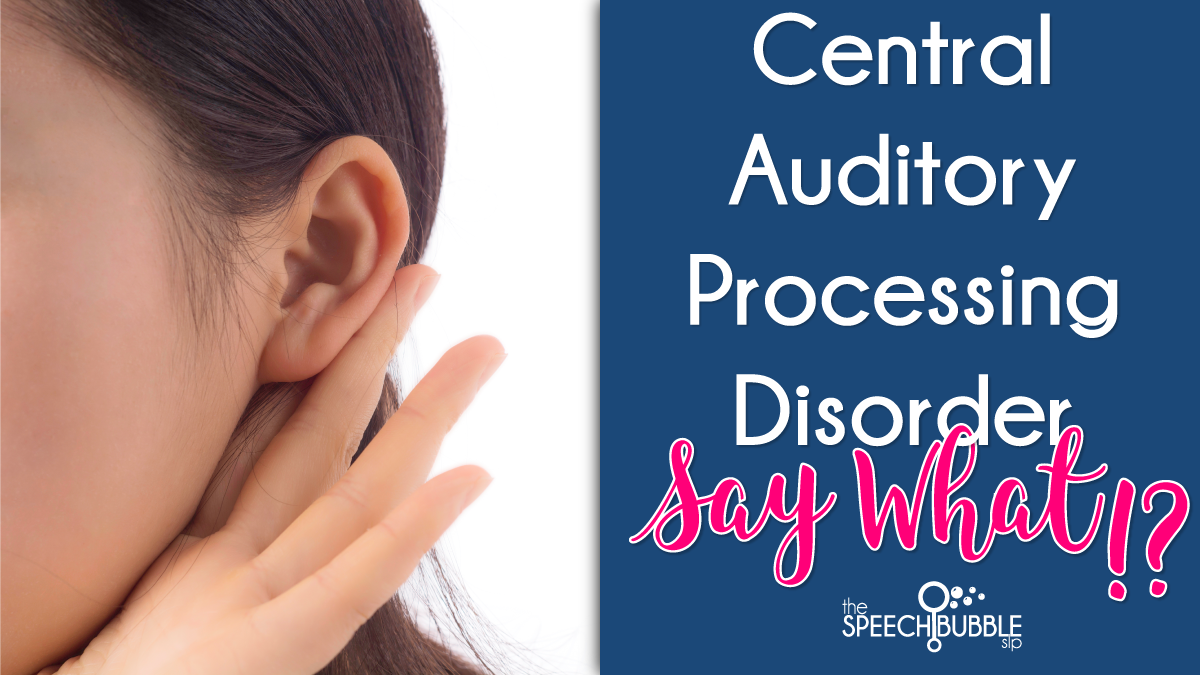
This acronym has started to show up more and more on SLP caseloads, so what exactly is it? Auditory Processing Disorder (APD ) formerly known as Central Auditory Processing Disorder ( CAPD ), is not a hearing impairment in the sense that we usually know. There is no ‘loss’ of hearing sensitivity. This disorder impacts hearing beyond the ear. The meaningful information that we receive is not delivered with clarity to the intellectual areas of the brain aka the central nervous system. Instead the processing of these auditory messages is incomplete making the delivered message distorted. So in short, the person can hear, but the brain does not understand.
CAPD affects about 5 – 8% of school aged children. It also has co-occurrence with other disorders like ADHD, Learning Disabilities (LD), Sensory Processing Disorders (SPD), etc which can make diagnosis difficult. So who can diagnose? A diagnosis of APD can be confirmed by an audiologist, but SLPs and other members of a students team can also do testing that can confirm deficits in areas that are characteristic of APD such as: word discrimination, auditory comprehension, word memory, etc. For SLPs, the Test of Auditory Processing Skills, currently in its 3rd edition ( TAPS-3) is an assessment I like to use as a starting point. You are not limited to this test, it is just one what I find helpful and informative.
Common traits of CAPD are:
– Difficulty following directions
– Needs frequent repetition of information
– Needing information rephrased several times in several ways
– Difficulty understanding abstract information
– Inappropriate responses to questions
– Performing better when visuals are used
– Slow to respond
– Difficulty with academic performance
– Being disorganized
– Having trouble remembering what they have heard ( they have it one day and then not the next )
So you have a student either with characteristics of APD or a diagnosis of APD and you have to write goals. The first time I got a student with APD added to my caseload I pretty much sat in front of my computer staring at the cursor for way to long. I didn’t know what to target or where to start. Fear not! I am going to share some of the goals I target for my students with APD. Keep in mind these are just the core targets for these goals, not the actual goal itself. You must adjust the duration and accuracy of the goal according to the student’s abilities.
Potential Goals:
– Will repeat a list of 3 word presented orally…
– Will repeat a list of 5 words presented orally…
( these first two are scaffolded to target auditory memory )
– Will discriminate between minimal pairs presented orally…
– Will follow two step directions presented orally…
– Will follow three step directions presented orally…
( scaffolding again )
Some of these goals you are probably already writing for other students and now you can add them to your goal list for APD students. Treatment typically revolves around three components: changing the learning environment, using higher-order skills to compensate, and remediating the auditory deficit itself. Speech therapy alone will not treat their deficits, but it is a start.
There are several materials on Teacher pay Teachers that target auditory memory:
– Auditory Memory Candy and Sweets by Kristine Lamb
– iPod Auditory Memory by The Speech Bubble 😉
– Auditory Memory Magic! by Miss Speechie
– Auditory Farm by Jennifer Shamberger
– Football Pursuit: Auditory Memory by Carissa Ten Hoeve
– Monster Auditory Memory by Missie Wagoner
There are also two apps I like from Virtual Speech Center that target auditory processing difficulties:
– Auditory Workout
– Auditory Processing Studio
I hope this is been helpful and has given you some insight and information. Thanks again to Smart Speech Therapy, LLC for letting me share with you 🙂

Links to References used:
– http://www.ldonline.org/article/5919/
– http://www.asha.org/public/hearing/disorders/understand-apd-child.htm
– http://kidshealth.org/parent/medical/ears/central_auditory.html
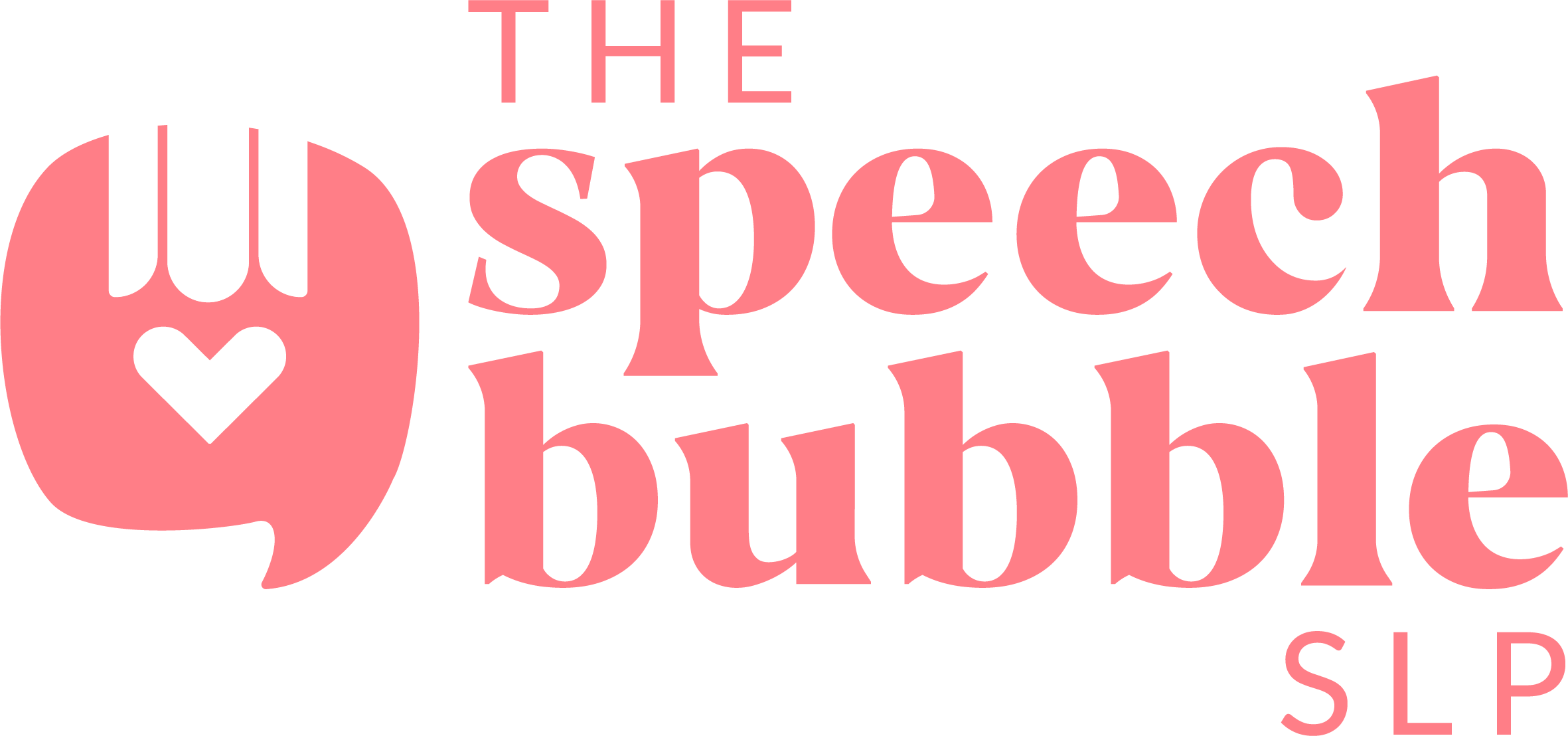






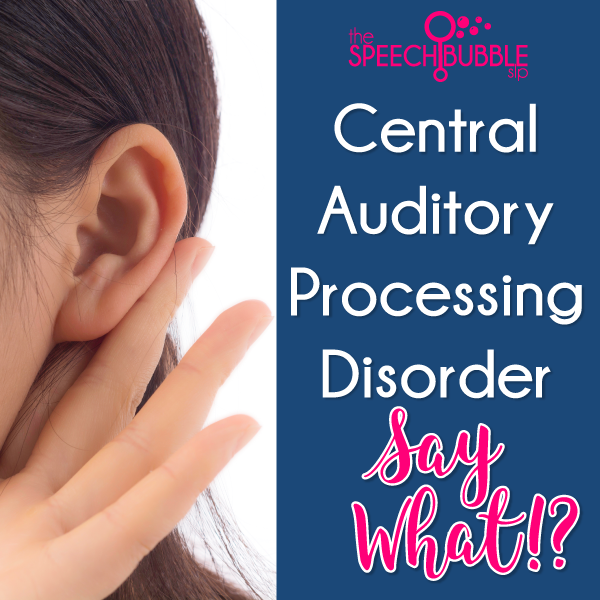
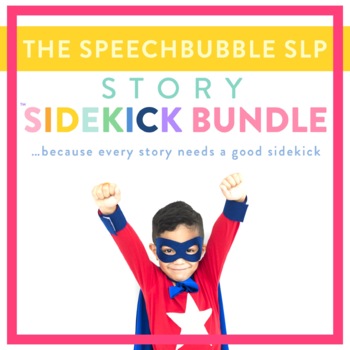
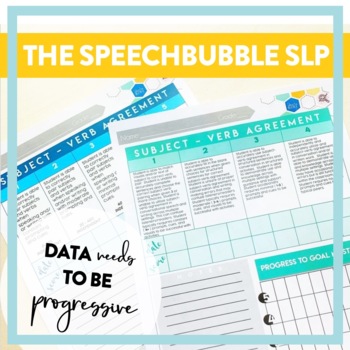
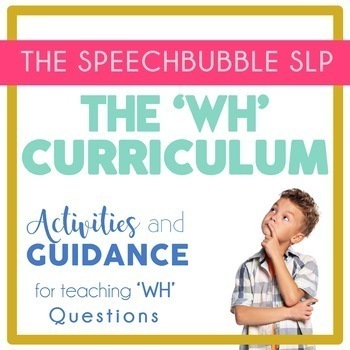


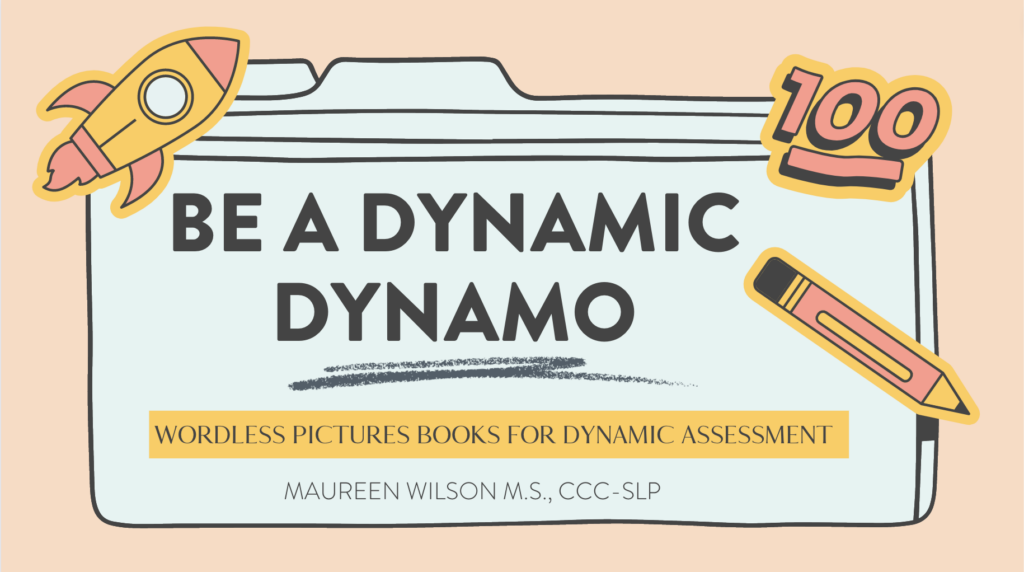
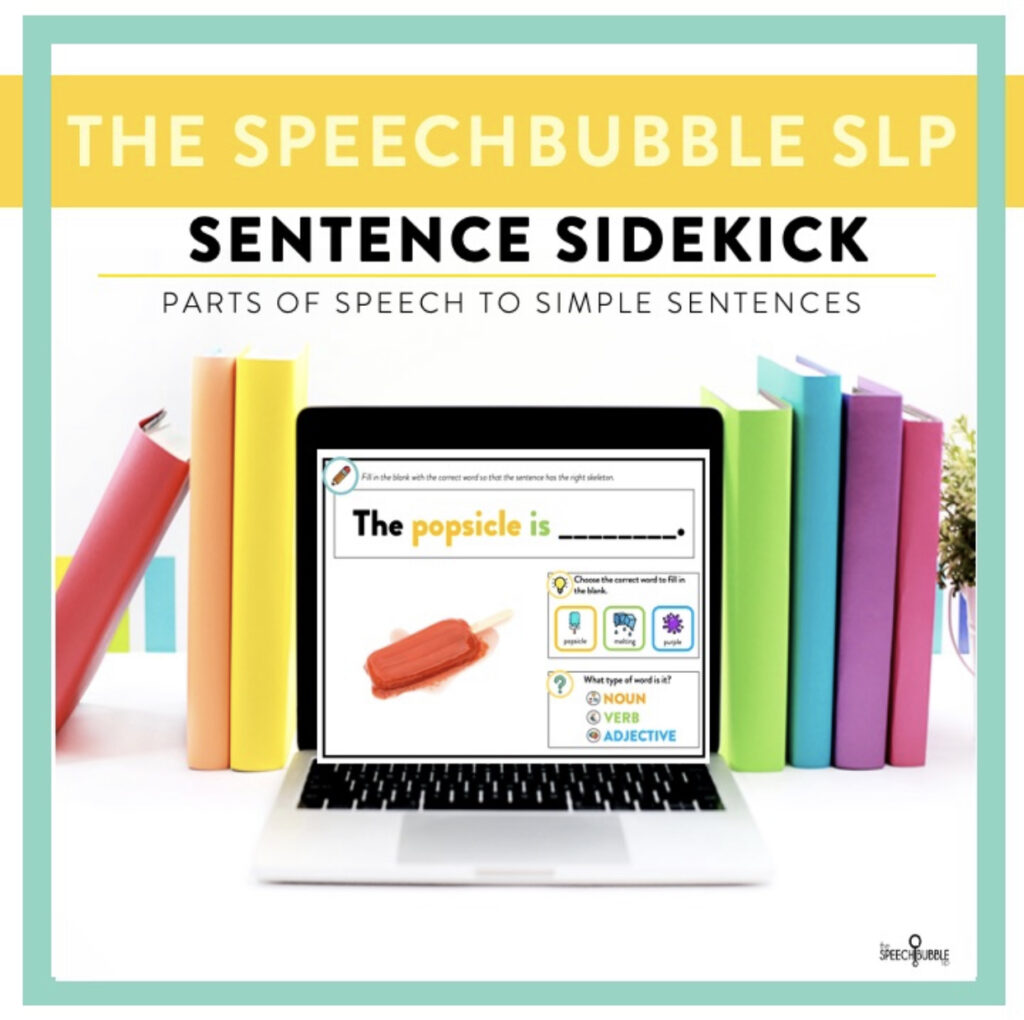

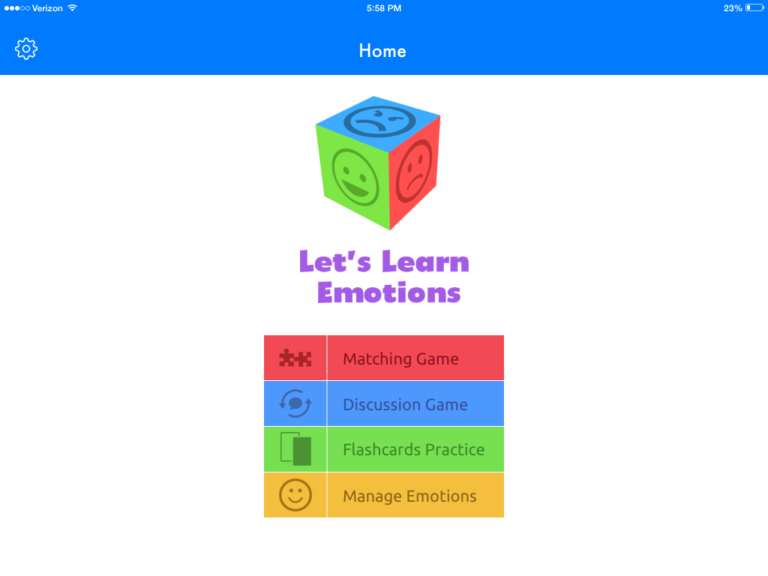
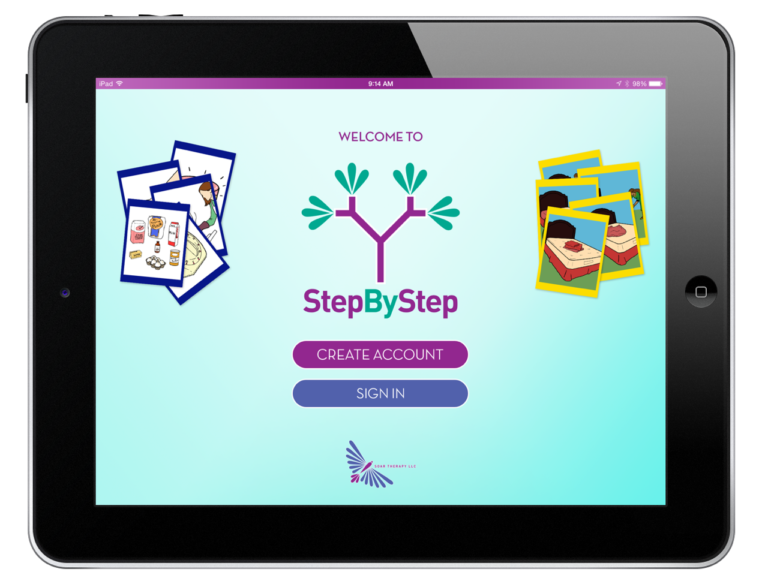
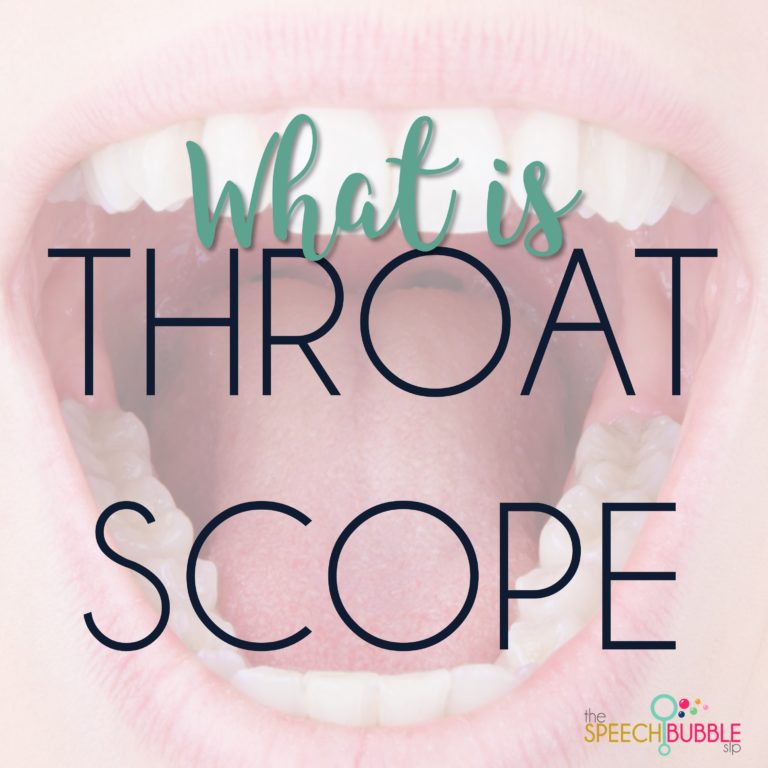

5 Responses
For more about different types of APD and its effects, you may also see “What is Auditory Processing Disorder (APD)?” on WordPress: http://wp.me/p30k25-2
I love this!
Thank you
I have a lover functioning 10th grader that the mom wants him to work on his memory. I would like therapy ideas that are more age appropriate of a 10th grader. Thanks for any suggestions
I guess my first question is, do you think needs to work on memory or is he a student that simply needs more repetitions, sessions that are shorter but for frequent to help increase generalization. You can start by using simple patterns ( colors, shapes, letters, numbers, ) and having him work to repeat them to start to build the skill and an understanding of him having to recall the information. Gradually add in some wait time between when the trial is presented and when he can being his recreation.